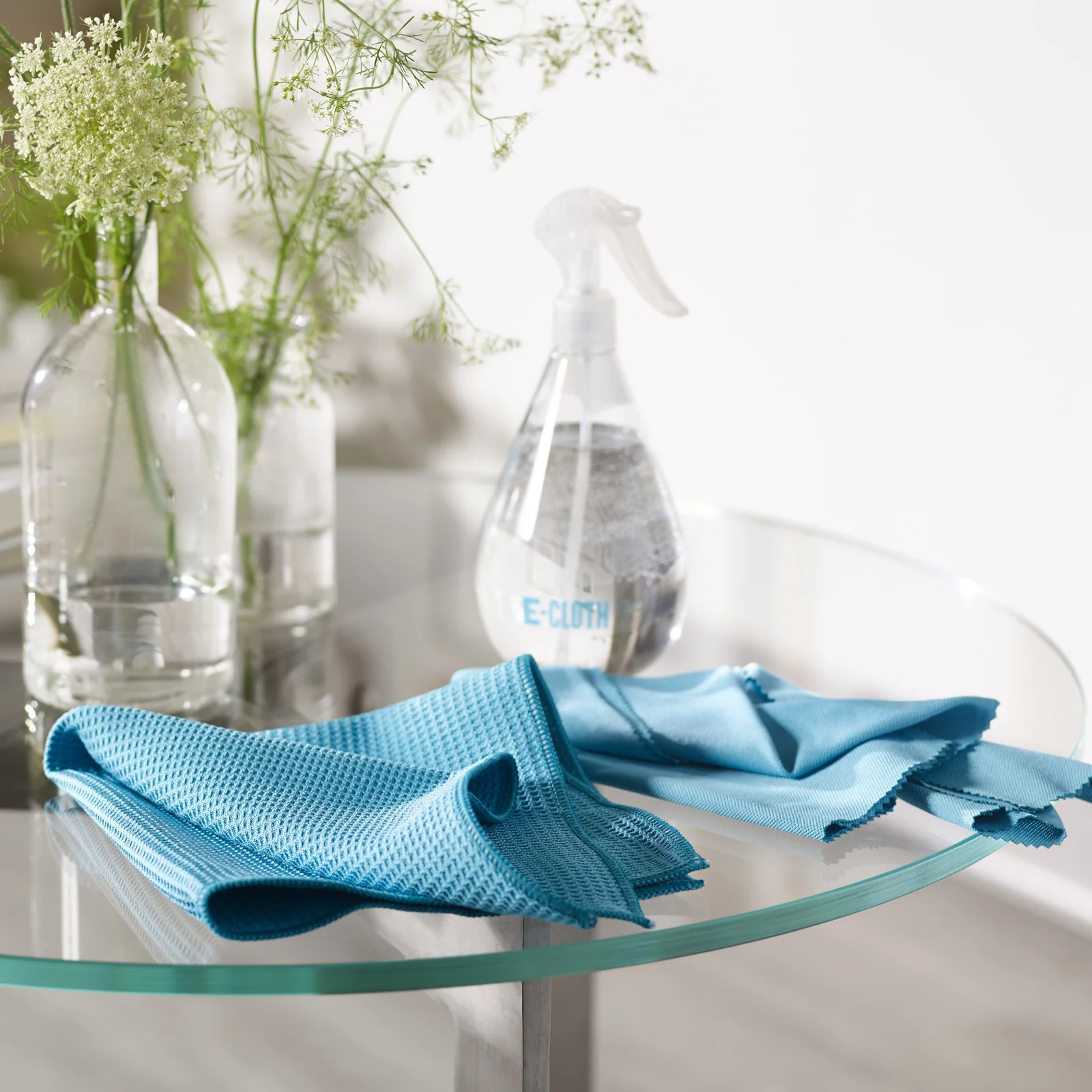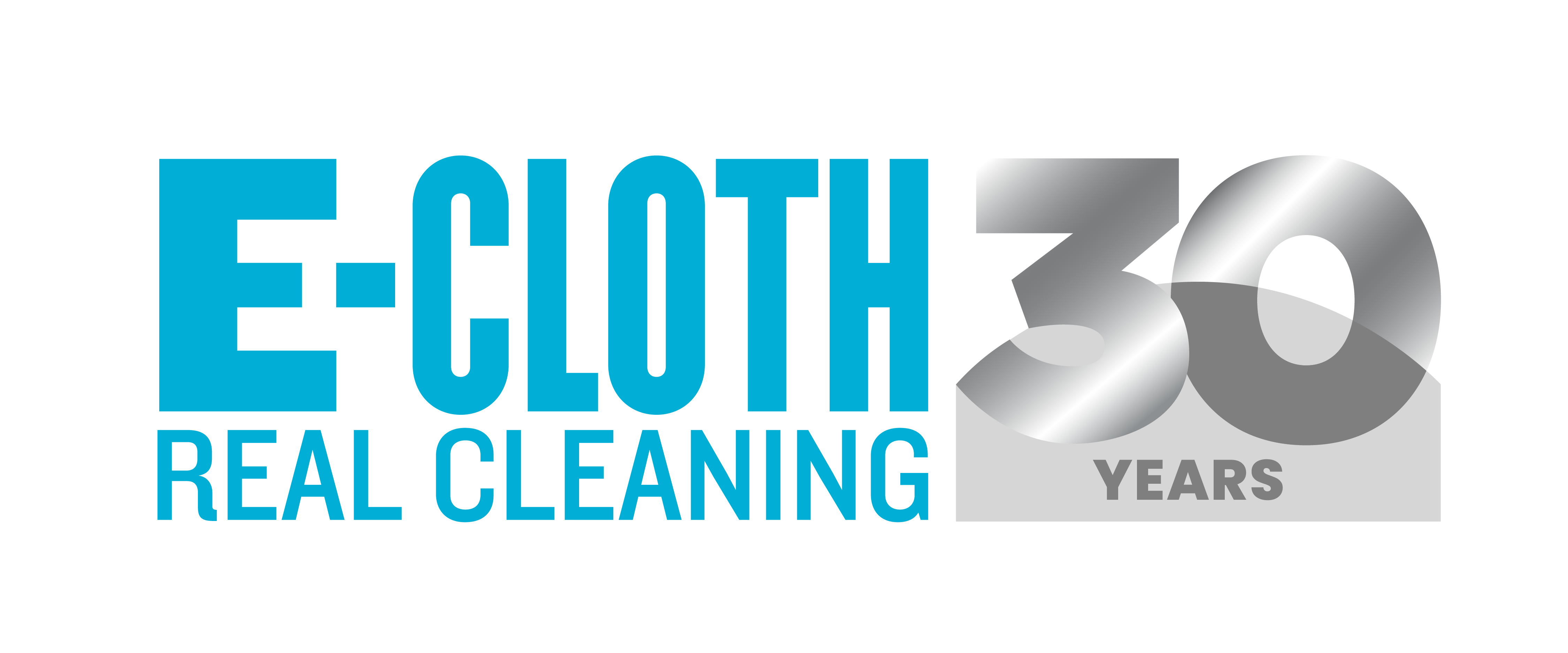Table of content:
How Often You Should Clean Your Makeup brushes
Consequences of Skipping Makeup brushes Cleaning
DIY Methods to Clean Your Makeup brushes
Keeping your makeup brushes clean is essential for both flawless makeup application and healthy skin. While it’s easy to overlook, regular cleaning prevents buildup of makeup, oils, and bacteria that can affect your brushes’ performance and your complexion. The ideal cleaning frequency depends on how often and what types of products you use, but even occasional users benefit from a consistent routine. Neglecting this step can lead to skin issues, poor makeup results, and a shorter lifespan for your brushes. By making brush cleaning a habit, you’ll protect your investment and enjoy better results every time you apply your makeup.

A Clean You Can See
Our high-performance microfiber products simplify cleaning, making it quick, easy, and effective, so you can enjoy visible results without the fuss. No streaks, just results.
How Often You Should Clean Your Makeup brushes
How Often to Clean Your Makeup Brushes
- Weekly is Best for Daily Use: If you're using your brushes every day—especially with liquid or cream products—it’s best to clean them about once a week. Over time, makeup, skin oils, and environmental particles build up on the bristles, which can affect how smoothly your makeup applies. Weekly cleaning helps keep your brushes effective and lowers leftover residue.
- Adjust Based on Product Type: Brushes used primarily with powder products tend to accumulate less heavy residue than those used with creams or liquids. However, even powder brushes benefit from a weekly clean if you're using them daily, as buildup can alter texture and performance over time.
- Less Frequent Use Calls for Occasional Cleaning: If you’re not using your brushes on a daily basis, you might stretch the cleaning interval to every two weeks. But regardless of frequency, occasional cleaning is crucial because dust, dead skin cells, and oils eventually accumulate, potentially compromising both your application and the brush’s lifespan.
- Benefits of Regular Cleaning: Regular cleaning not only keeps your brushes performing their best but also prevents them from becoming a reservoir for accumulated residues. This routine helps maintain brush shape, prolong life, and keep them as responsive as the day you bought them.
Streak-Free Wherever You Need It
E-Cloth is committed to delivering a clean you can see—effortlessly erasing messes with just water for a spotless shine, free of streaks and added chemicals.

Consequences of Skipping Makeup brushes Cleaning
Consequences of Skipping Makeup Brushes Cleaning
- Breakouts and Skin Irritation: Dirty brushes are like a welcome mat for oil, old makeup, and debris. When you keep using them, you’re basically pressing yesterday’s grime right back onto your face. This can clog pores and lead to breakouts, redness, and irritation—especially if you have sensitive skin.
- Unpredictable Makeup Application: Ever wonder why your foundation looks streaky or your eyeshadow turns muddy? Old product buildup on bristles can mess with how your makeup goes on. Clean brushes mean smoother, more even coverage and truer color payoff. Dirty ones? Not so much.
- Shorter Brush Lifespan: Makeup, oil, and skin cells can break down the glue that holds your brush together. Over time, this leads to shedding bristles and wobbly handles. Regular cleaning keeps your investment in good shape, so you’re not replacing brushes every few months.
- Unwanted Odors: Brushes that don’t get cleaned can start to smell funky. That’s a mix of old makeup, skin oils, and whatever else your brush has picked up. Not exactly the fresh start you want for your face each morning.
- Potential for Eye Infections: Brushes used around the eyes are especially risky. Bacteria and debris can collect on the bristles, and if you skip cleaning, you’re increasing the chance of irritation or even an eye infection. Not a risk worth taking for the sake of saving a few minutes.
- Wasted Product: Dirty brushes soak up more makeup, which means you’ll go through your favorite products faster. Clean bristles pick up and deposit makeup more efficiently, so you get more bang for your buck.
DIY Methods to Clean Your Makeup brushes
.svg)
Baby Shampoo and Lukewarm Water
Mix a few drops of baby shampoo with lukewarm water in a small bowl. Swirl your makeup brushes in the solution, gently massaging the bristles to remove makeup and buildup. Rinse thoroughly with clean water and lay flat to dry. This gentle method keeps brushes clean and soft.
.svg)
Olive Oil and Antibacterial Soap
Mix a few drops of antibacterial soap with a small amount of olive oil in a bowl. Swirl your makeup brushes in the mixture, gently massaging the bristles to break down makeup and bacteria. Rinse thoroughly with warm water and lay flat to dry. This method cleans and conditions brushes, leaving them soft and sanitized.
.svg)
Micellar Water and Cotton Pads
Pour micellar water onto a cotton pad and gently swipe it over the makeup brush bristles. Repeat with fresh pads until no makeup residue remains. This method quickly dissolves makeup and leaves brushes clean without harsh chemicals.
.svg)
White Vinegar and Warm Water
Mix equal parts white vinegar and warm water in a bowl. Swirl your makeup brushes in the solution, gently massaging the bristles to remove makeup and buildup. Rinse thoroughly with clean water and lay flat to dry. This natural method cleans and disinfects brushes effectively.
.svg)
Insufficient Deep Cleaning
This method may not remove all makeup residue, oils, and bacteria from brushes, leading to buildup and potential skin issues. Baby shampoo and lukewarm water often lack the strength needed for thorough deep cleaning.
.svg)
Residual Product Buildup
Using olive oil and antibacterial soap can leave a residue on makeup brushes, causing product buildup. This buildup may trap bacteria and reduce brush effectiveness, leading to poor makeup application and potential skin irritation.
.svg)
Bristle Damage Risk
Using micellar water and cotton pads can cause bristle damage, as rubbing brushes on pads may break, fray, or loosen bristles over time, reducing brush lifespan and performance.
.svg)
Bacterial Growth Potential
Using white vinegar and warm water may not effectively kill all bacteria on makeup brushes, allowing bacterial growth potential to remain high and increasing the risk of skin irritation or infection.
Ready for an Easier Way to Clean?
Skip the mixing, spraying, and scrubbing. With E-Cloth, you get a streak-free shine using just water—no added chemicals, no hassle. Make every window sparkle the simple way.
Explore other Articles
Headphones
Learn how often to clean your headphones for optimal sound and hygiene. Simple tips to keep them fresh and lasting longer.
Bookshelves
Discover the ideal frequency to clean your bookshelves for a dust-free, organized, and fresh home library.
Jeans
Discover the ideal frequency to clean your jeans for lasting style, comfort, and fabric care. Keep them fresh and durable!
Range hood filter
Learn how often to clean your range hood filter for optimal kitchen air quality and appliance efficiency. Keep it fresh and safe!
Washing machine
Learn how often to clean your washing machine for optimal performance and freshness. Keep your laundry fresh and your machine efficient!
Garage floors
Discover the ideal frequency for cleaning your garage floors to keep them spotless and well-maintained year-round.
Experience Real Cleaning
A Clean You Can See
Experience Real Cleaning


